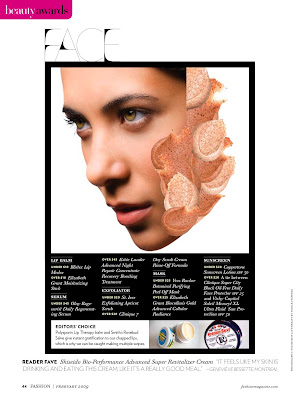Listening to the radio this morning and heard the following:
"In regards to the economy, is the bailout necessary... if the jobs that ARE being created, are the ones no one wants?"
How did this come about? Was it just on the coattails of Obama's speech last night; where he admitted that we needed the bailout now--Or is it just a repetition? We are creatures of habit. Our successes, failures, and schedules are repeated throughout history books and played out through our everyday medias. Some people are not a-typical scheduled human beings, but they do follow the "rules" and "procedures" of a society. Each individual is regimented by their own and individual chaotic order.
To each their own, but it doesn't bring up any new issues...Is it pride, or is it compromise? When do we say our pride is one thing, but to have a life, and a decent life is another? When is it living to obtain what we want? More so, how do we separate the idea of what we think we want, and what we actually need? There is no real answer other then our pride is what defines our actions. But why wouldn't we? We are creating the worst case scenarios for ourselves - and getting a friendly bailout of our own....hello Octomom?????
Growing up, people studied History, and no one knew about how things could have gotten so bad just before the Great Depression. Where the economy crumbled, aka where our society's safety net crumbled. It led to cutting back on comforts, our own comforts, and lifestyles we created. It only took the ending of WW1 to be "the wars to end all wars" to go back to "normal". Where life wanted to be lived again-- to live in the moment, carpe diem and all that jazz.... but we never did unstand the unstable economy at the time. It didn't take long for our joys to become the Great Depression...It is an equal part funny and scary to be living the history we once only read about.
A thought to remember...
I am a convict.An old literature classic to a modern day reality ...Les Miserables isn't just a tale written and adapted for the theatre... When are our Ethics and Morals transferred to us and when are they defined by us? Are you your own criminal because you have settled for some aspect of your life-- and how long before you break out of your own normalcy and challenge your desires.
When I was young...
just your age...
I was very poor.
I was starving.
One day I stood in front of a window.
A window full of bread
There was just glass between me..
and not being hungry anymore.
It was so easy.
So I broke it...
and took what I wanted.
Then they caught me...
and put me in chains








